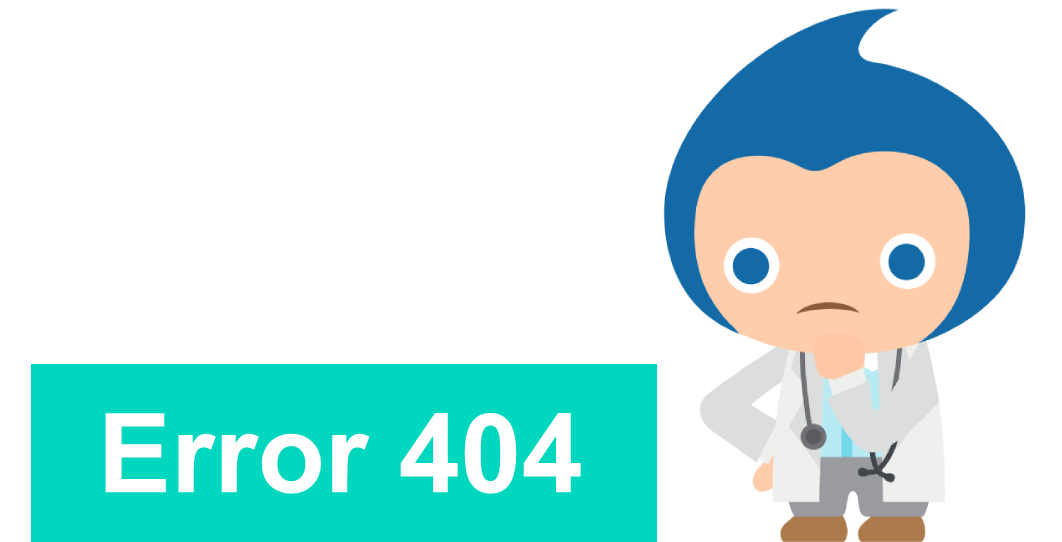
Whoops! We weren’t able to find the page you were looking for; sorry about that! If you have any comments or feedback, send us a message at medfac@hku.hk.

Whoops! We weren’t able to find the page you were looking for; sorry about that! If you have any comments or feedback, send us a message at medfac@hku.hk.

Follow HKUMed